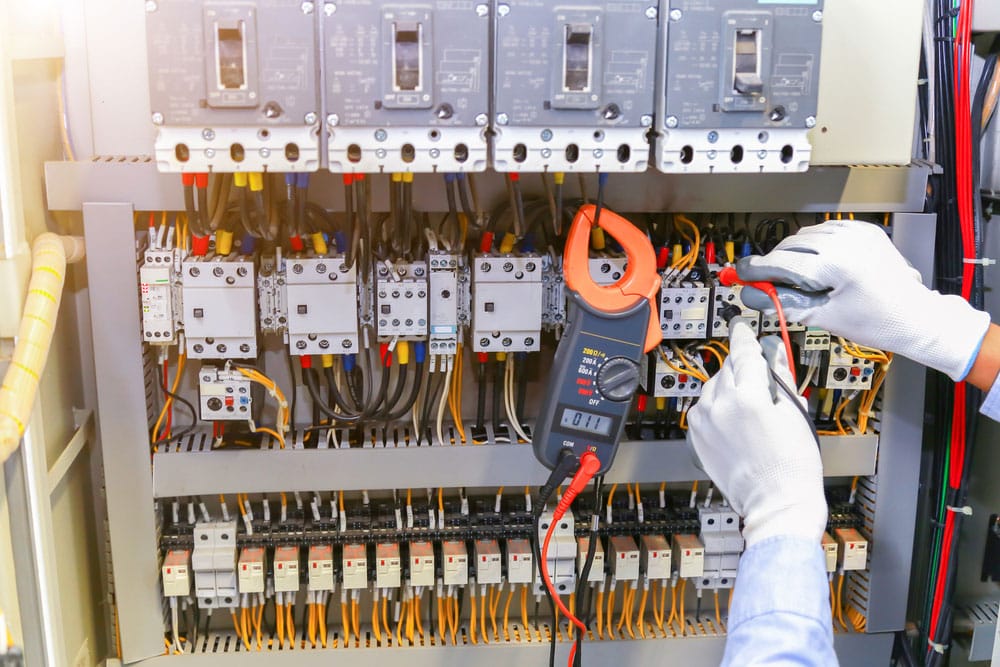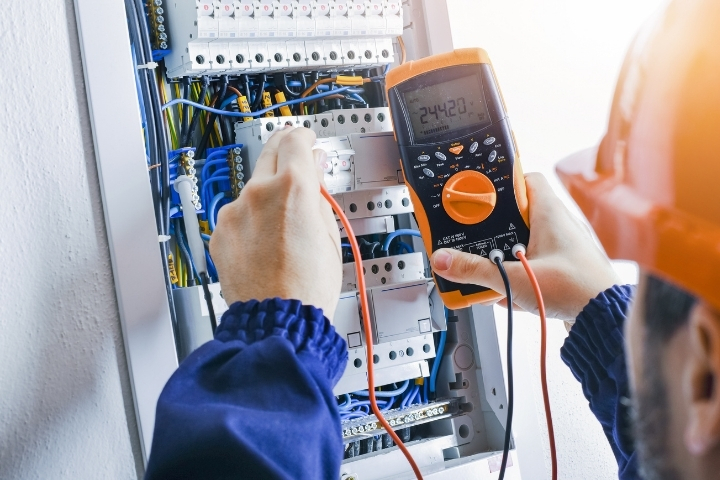
Electricians play a crucial role in the modern world, ensuring that our homes, businesses, and industries are powered safely and efficiently. This skilled trade involves the installation, maintenance, and repair of electrical systems, from wiring and circuits to lighting and appliances. As we increasingly rely on electricity for our daily activities, the demand for qualified electricians continues to grow, making this profession both vital and rewarding.
In addition to technical expertise, electricians must possess strong problem-solving skills and a keen understanding of safety regulations. With advancements in technology and the rise of renewable energy sources, the field of electrical work is evolving, offering new opportunities for those looking to enter the trade. This article will explore the essential responsibilities of electricians, the path to becoming one, and the future of the electrical industry in an ever-changing landscape.
Responsibilities of Electricians
Electricians are tasked with a wide range of responsibilities that ensure the functionality and safety of electrical systems. Their work typically includes reading blueprints, installing wiring and fixtures, and troubleshooting electrical issues. Electricians must also stay updated on electrical codes and regulations to comply with safety standards. In many cases, electricians are called upon to assess and repair malfunctioning systems, which requires not only technical acumen but also the ability to think critically under pressure. For those seeking quality services, relying on a Trusted Electrician in Bondi can provide peace of mind knowing that the work is performed by qualified professionals.

Path to Becoming an Electrician
To become a licensed electrician, individuals typically start with formal education in electrical technology, followed by an apprenticeship that combines hands-on training with classroom instruction. This rigorous training is essential to equip aspiring electricians with the necessary skills to excel in the field. Once training is complete, most jurisdictions require passing a licensing exam to ensure competency and knowledge of safety practices. As technology continues to advance, electricians may also pursue additional certifications in areas like renewable energy or smart home systems to stay competitive in an evolving job market.
Conclusion
The journey to becoming an electrician not only offers a stable and rewarding career but also provides the opportunity to contribute significantly to modern society by ensuring safe and reliable access to electricity. As electricians navigate through a landscape that increasingly embraces sustainable practices and technological advancements, they remain pivotal in driving innovation within the electrical industry. Their expertise will be vital as society transitions towards greener energy solutions, smart infrastructure, and automation, highlighting the relevance and adaptability of their skills. Whether it’s ensuring the safe functioning of household circuits or enabling complex industrial systems, electricians are the backbone of our electrical infrastructure, reinforcing the value of this essential trade for future generations.


